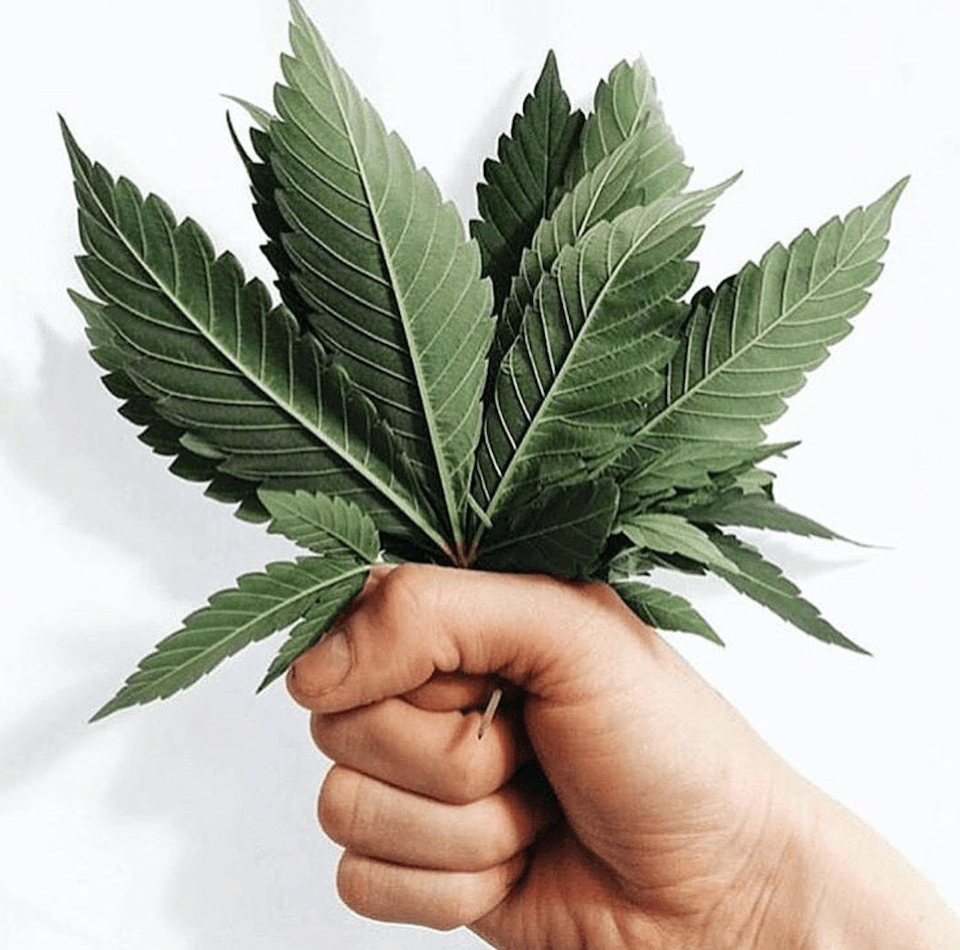While the legislative process continues to mold and direct cannabis regulation (you can read more about the Cannabis bills in Sacramento here), it is also worthwhile to take stock of which hemp and CBD regulatory measures are headed towards Newsom’s desk and which measures are being left behind.
SB-527 – Expanding the Availability of Cannabis and Hemp Farmland
SB-527 was approved by Governor Newsom and chaptered by the Secretary of State on September 6, 2019. SB-527 amended the Williamson Act to clarify that cannabis and hemp cultivation count as an “agricultural commodity” or “compatible use” under any agricultural land conservation contracts thereby making cannabis and hemp cultivation presumptively permissible activities.
The passage of SB-527 has provided some greatly desired clarity in regard to the treatment of cannabis and hemp farmland under the Williamson Act as some local governments have been relying on the ambiguity in the Williamson Act to prohibit cannabis and hemp uses on lands enrolled under the Act. SB-527 has now made this process of prohibition more laborious for local government. However, it is important to note that this amendment in no way curbs local government’s authority and ability to prohibit or regulate commercial cannabis and hemp.
What impact will SB-527 have going forward? On the one hand, these amendments could lead to a rise in the supply of cannabis and hemp farmland. On the other hand, we may also see an increase in strategic legislative activity from local governments that still wish to prohibit cannabis or hemp uses on Williamson Act-enrolled lands. One thing that still remains unclear is whether the authors of SB-527 intended the language to encompass outdoor and indoor cultivation such that cultivation in structures like greenhouses also qualifies under the Act. Only time will tell on the impact this ambiguity may have on cannabis and hemp cultivators that now wish to enroll their land under the Williamson Act.
SB-153 – A New Definition Of “Industrial Hemp”
With Governor Newsom’s signature, SB-153 would revise California’s provisions regulating the cultivation and testing of industrial hemp by adding a new definition of hemp to conform to the requirements for a state plan under the Farm Bill. While the adoption of SB-153 will mostly bring technical and conforming changes, there are other major changes within SB 153 worth noting. These include:
- Narrowing the scope of who qualifies as an established agricultural research institution to be more consistent with federal law;
- Prohibiting industrial hemp from being cultivated on a premises licensed to cultivate or process cannabis. (Any industrial hemp, regardless of THC content, cultivated on such a premise will be considered cannabis);
- Requiring CA to submit a 2018 Farm Bill-compliant hemp production plan to the U.S. Department of Agriculture by May 1, 2020;
- New registration requirements for established agricultural research institution;
- Creating enforcement provisions and penalties for violations of provisions governing industrial hemp production, including a possible five-year suspension from the program;
- New eligibility restrictions, making any person convicted of a felony related to a controlled substance ineligible for participating in the industrial hemp program for 10 years following conviction, and disqualifies any person that materially falsifies any information in an application or registration; and
SB-153 has a good chance of getting signed off by Newsom in the next few weeks, but it is important to note that all hemp cultivation must be consistent with the 2014 Farm bill until California has a USDA-approved state plan under the 2018 Farm bill. So, even with its passage, it will be some time before SB-153’s provisions are fully implemented and we see begin to see its effect on California’s hemp cultivation industry.
AB-228
Perhaps the most surprising and disappointing update on the development of the hemp and CBD industry in California is the suspension of AB-228. As you may know, AB-228 was the highly anticipated bill that would finally legalize and regulate the use of industrial hemp-derived cannabidiol (“Hemp CBD”) products as a food, beverage or cosmetic. Currently, the California Department of Public Health (“CDPH”) has banned the sale of these Hemp CBD products under the California Sherman Food, Drug, & Cosmetic Law by classifying them as “adulterated” products. While AB-228 would not have completely eliminated the CDPH’s authority to classify a Hemp CBD product as adulterated, it would have prevented the CDPH from concluding that it is adulterated just because it contained Hemp CBD. However, on August 30th, the California Senate Appropriations Committee failed to move AB 228 out of the committee during its final hearing of the 2019 legislative sessions. This means that the sale of Hemp CBD products as a food, beverage or cosmetic will remain illegal in California until AB 228 is heard at a later hearing.
Two steps forward and one step back
Overall, two out of the three bills regarding the regulation of hemp and CBD in California have progressed out of the legislature which means that legislators are friendly to . Unfortunately, we will have to wait to see the fate of AB-228 until the next legislative session, but we will continue to monitor SB-153 as it heads to Newsom’s desk in the next couple weeks.
Disclaimer: This article has been prepared and published for informational purposes only and is not offered, nor should be construed, as legal advice.

